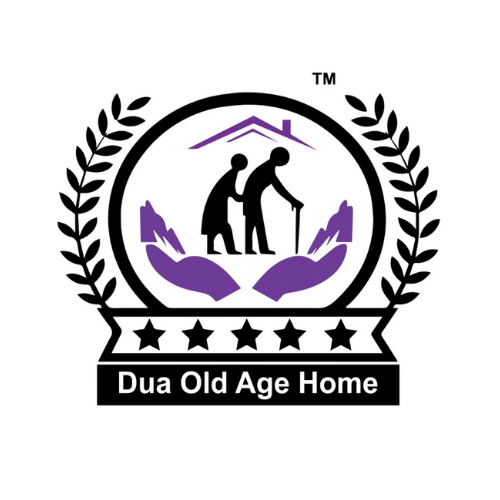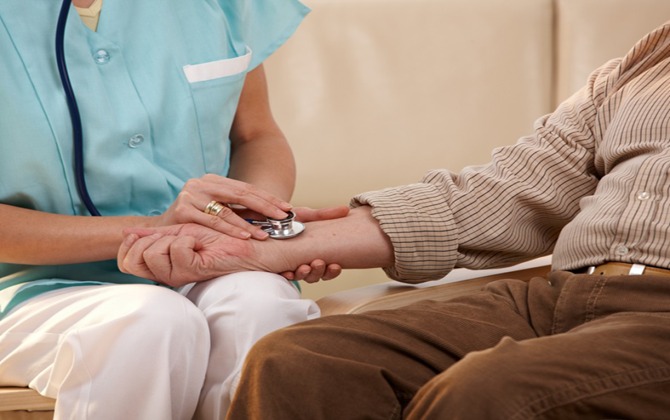Stroke care
Stroke care at Dua Old Age Home is provided with specialized attention to meet the unique needs of residents who have experienced a stroke. Our comprehensive approach to stroke care focuses on immediate response, rehabilitation, and long-term support to promote recovery and enhance quality of life. Here is how we address stroke care:
98%
Service Satisfaction rate
Service Details
At Dua Old Age Home, we are committed to providing compassionate, comprehensive stroke care that promotes recovery, independence, and quality of life for residents. Our integrated approach combines medical expertise, rehabilitation therapies, and supportive services to help stroke survivors achieve their fullest potential and regain confidence in their abilities.
Coverages
- Immediate Medical Response:
- Rapid response is crucial in managing stroke emergencies. Our healthcare team is trained to recognize stroke symptoms promptly and initiate emergency medical protocols. This includes assessing vital signs, performing neurological evaluations, and coordinating with emergency services for timely intervention.
- Acute Stroke Treatment:
- Residents suspected of having a stroke receive immediate medical treatment based on established stroke protocols. This may include administering clot-busting medications (thrombolytics) or arranging for mechanical thrombectomy procedures to restore blood flow to the brain.
- Monitoring and Neurological Assessment:
- Continuous monitoring of neurological status is conducted to assess the impact of the stroke and monitor for any changes in condition. Our healthcare professionals conduct regular assessments of motor function, speech, cognition, and sensory abilities to guide ongoing care.
- Rehabilitation Services:
- Rehabilitation begins early in the stroke recovery process to promote physical and cognitive recovery. We offer specialized rehabilitation services, including physical therapy, occupational therapy, and speech therapy, tailored to address specific deficits and maximize functional independence.
- Medication Management:
- Residents may require ongoing medication management to prevent secondary complications associated with stroke, such as hypertension, diabetes, or heart disease. Our healthcare team ensures that medications are administered according to prescribed protocols and monitored for effectiveness.
- Nutritional Support:
- Proper nutrition is essential for stroke recovery and overall health. Our dietary team prepares balanced meals that support recovery goals, addressing dietary restrictions and promoting optimal nutrition to aid healing and regain strength.
- Psychological and Emotional Support:
- Stroke survivors and their families may experience emotional challenges such as depression, anxiety, or adjustment issues. We provide counselling, emotional support, and resources to help residents and families cope with the emotional impact of stroke and adjust to life changes.
- Fall Prevention and Safety Measures:
- Stroke survivors are at increased risk of falls due to mobility impairments and balance issues. We implement fall prevention strategies, including environmental modifications, mobility aids, and supervised exercises, to minimize the risk of falls and promote safety.
- Continuity of Care and Rehabilitation Planning:
- A multidisciplinary team collaborates to develop individualized care plans and rehabilitation goals based on the resident’s specific needs and recovery progress. Care plans are regularly reviewed and adjusted to promote ongoing recovery and independence.
- Education and Support for Families:
- We educate families about stroke care, rehabilitation milestones, and strategies for supporting their loved one’s recovery at home. Family involvement is encouraged throughout the recovery process to enhance communication and continuity of care.





Enquire about this Service